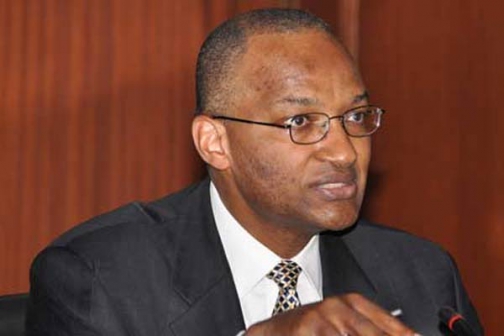×
The Standard e-Paper
Smart Minds Choose Us

Kenya is in no rush to secure a new standby credit facility with the International Monetary Fund as its economy continues to show strength, central bank governor Patrick Njoroge said on Thursday.
The previous $989.8 million arrangement expired in September after the government failed to meet the IMF’s conditions for an extension, including the repeal of a cap on commercial lending.